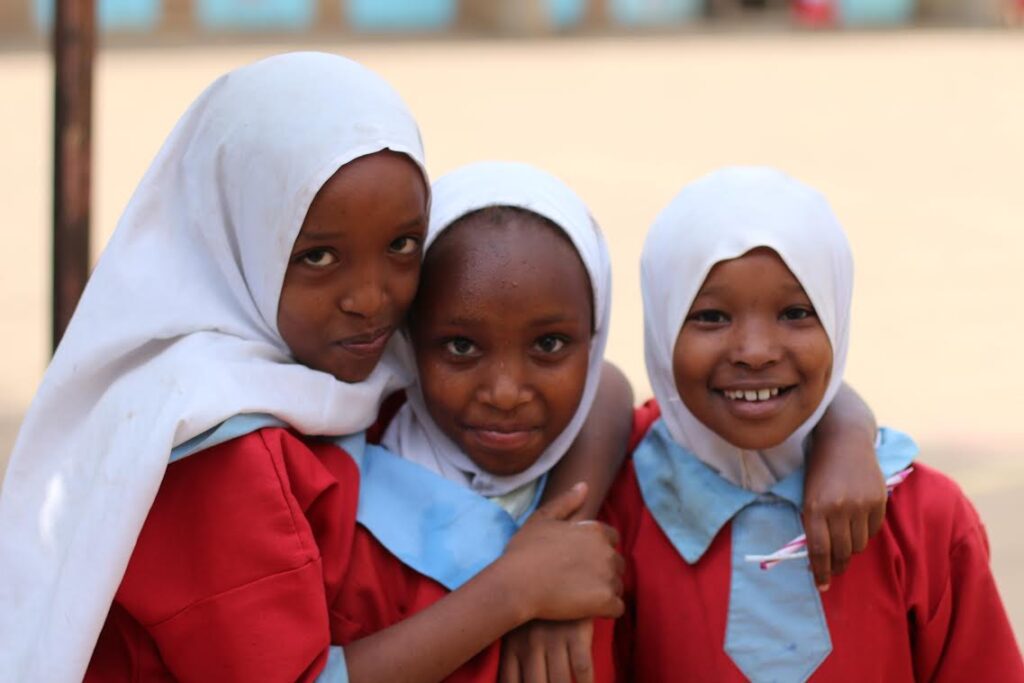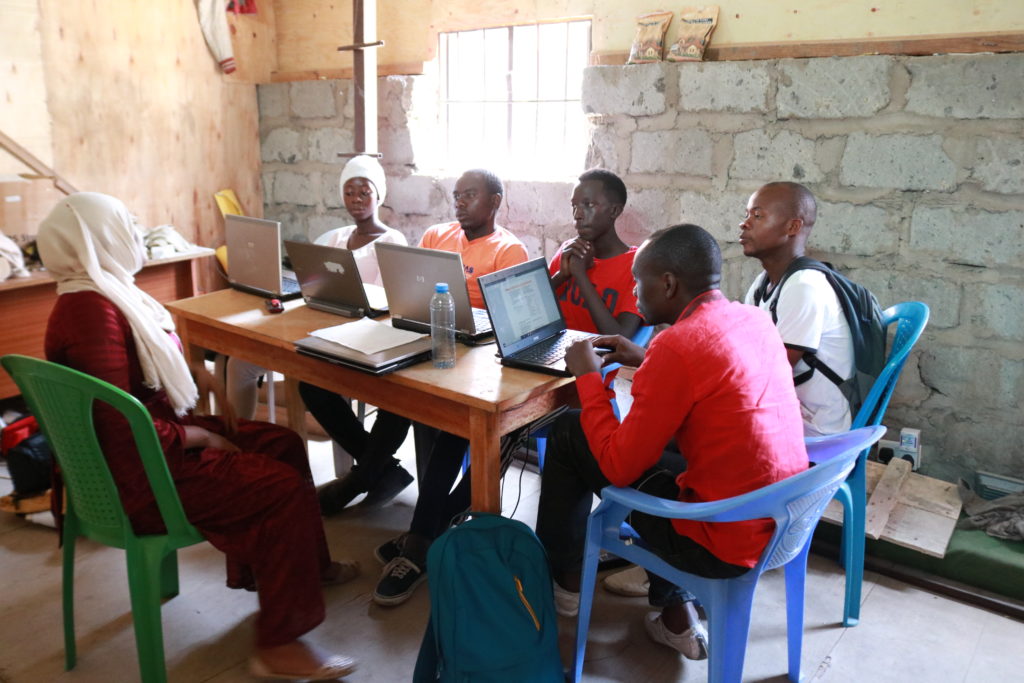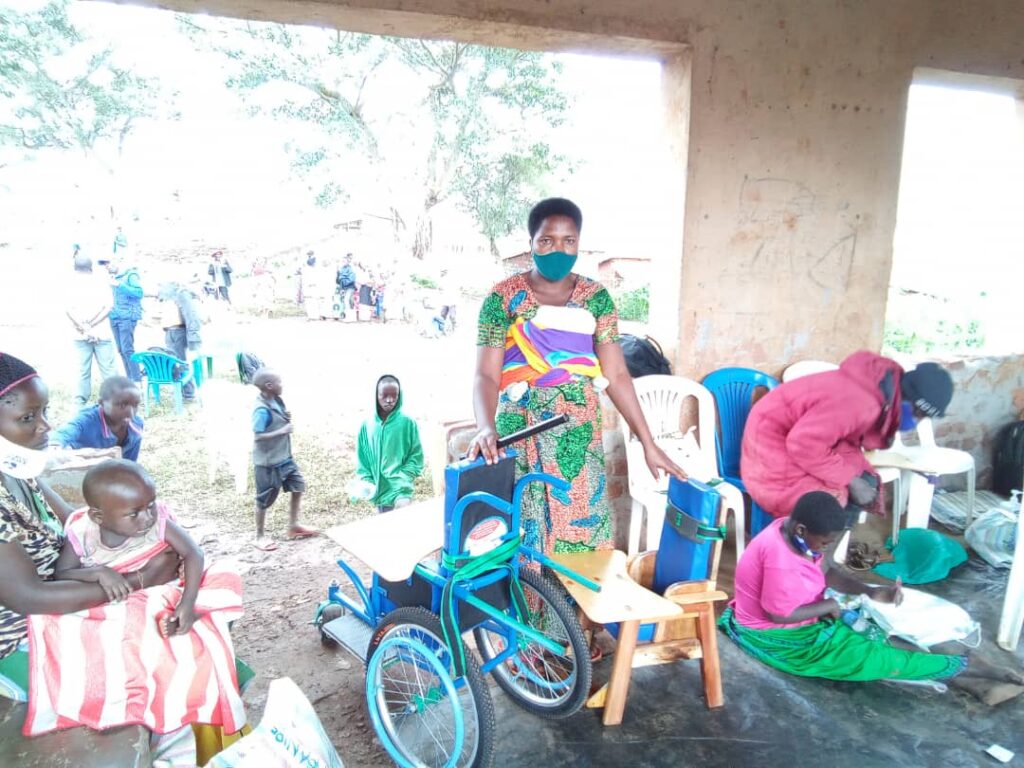One of the biggest challenges facing urban refugees in Kenya is their ability to secure a stable income for themselves and their families. Not only do they face wider societal barriers to employment – xenophobia, language barriers and nepotism, for example – there is also a well-fortified legal barrier in the form of Work Permits. While refugee-specific Work Permits do exist, the statistics bear out an uncomfortable truth: by UNHCR’s own figures, only nine were approved in the two years from 2012 to 2014 – for an urban refugee population of over 60,000.
However for some of our Tamuka Hub members, there might just be a light at the end of the tunnel: we have recently partnered with SamaSource, a social venture that aims to train marginalised populations in key digital skills and then connect them to digital work opportunities via the internet. The idea is elegant: despite recent advances in computing, big companies in the West still require a considerable amount of data to be processed by human hands. Who better to fulfill this workload than the millions of people worldwide who are unemployed not from lack of skill, but from circumstance? In a way it is an ironic inversion of the global processes that may have contributed to the refugee crisis in the first place: instead of raw materials, wealth and capital flowing from Africa to the West, it is now feasible for labour to flow from the West to Africa, thanks to the internet.
At the time of writing we have completed one cycle of the course already, and are in the middle of a second. Hopefully over the coming months we will see some of our refugee Hub members making a living in this emergent global labour market. As with any work opportunity, success or a consistent income are by no means guaranteed. But it has provided one thing that is in woefully short supply
– hope.
– Dexter Findley, Tamuka, Kenya



